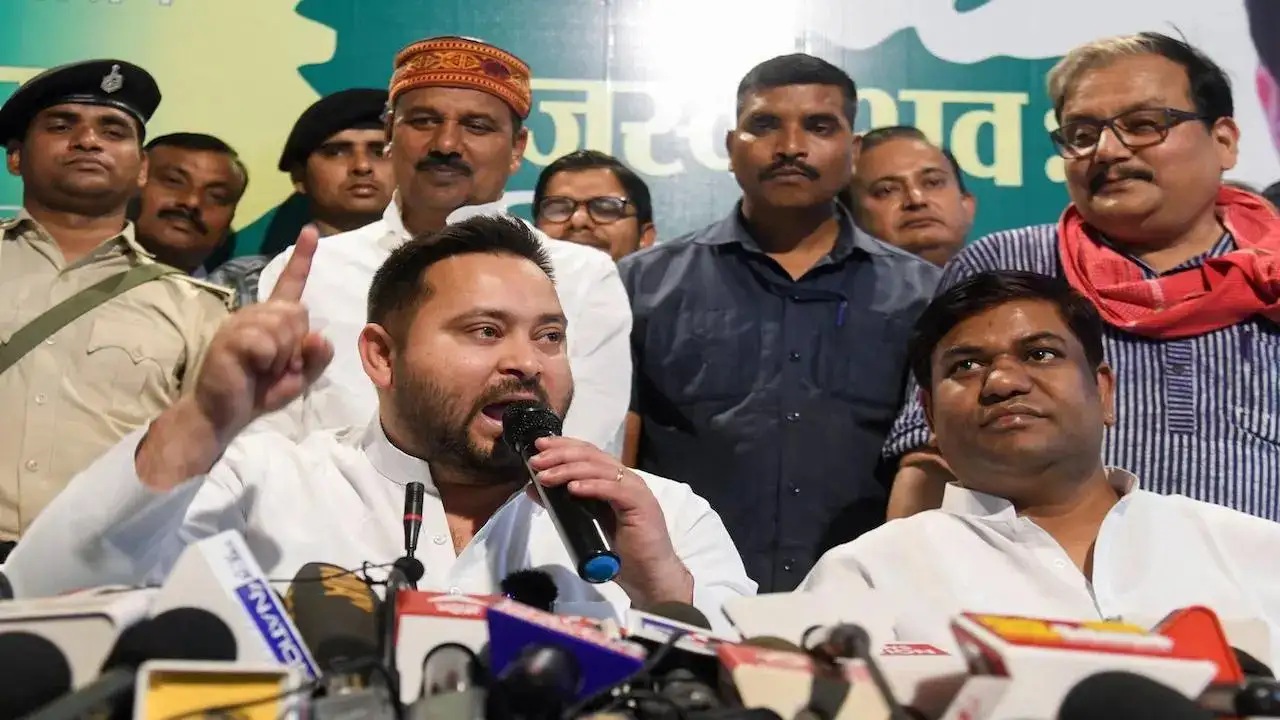Copyright Bangor Daily News

With rising property taxes and development pressure the main topics in this year’s City Council race, Ellsworth voters on Tuesday elected new councilors with varying viewpoints to the board. The unofficial tallies for the top five candidates were separated by 76 or fewer votes, but only the top three finishers were elected to the council. Patrick Shea got the most votes with 1,283. Carol Patterson-Martineau finished second with 1,231 and Marrina Smith came in third place with 1,229. The fourth place finisher, John Linnehan, fell short by only two votes and only four votes behind Patterson-Martineau. He received 1,227 votes. Marichal was 20 votes behind Linnehan with 1,207. Earl Awalt received 1,101 and Timothy Carter finished at the bottom with 766. None of those who sought council seats have previously held public office. Each of the three outgoing councilors who held the seats that were up for election — Michelle Beal, Tammy Mote and Jon Stein — decided not to run again. All candidates said that they were concerned about how much Ellsworth’s property taxes have gone up in recent years. Several said that more affordable housing should be built in Ellsworth in order to attract new residents and spread out the city’s tax burden. But while some candidates promoted a vision for the city that would be more business-friendly and have fewer restrictions, others said that the city should pursue a “smart growth” strategy that is consistent with Ellsworth’s recently updated comprehensive plan and which preserves green spaces and promotes walkability, among other things. The candidate most familiar to local voters is Linnehan, who has run consistently for City Council in recent years but also has made past bids for the Maine House and Senate. Linnehan is a conservative who has owned and operated local car and home sales businesses, but also has drawn scrutiny for his past business practices and for his social positions. Linnehan, Awalt and Shea all espoused pro-business philosophies in their campaigns and raised concerns about the city’s budget. Carter also said he was concerned about property taxes and spending, but — unlike Linnehan, Awalt and Shea — said he thought the city should regulate the local weekly vacation rental market in order to protect its supply of affordable housing for local residents. Marichal, Martineau and Smith presented themselves as more progressive candidates who, though they did not endorse high property tax bills, said that the city should have adequate funding for maintaining and improving its infrastructure and for preserving many existing programs.



